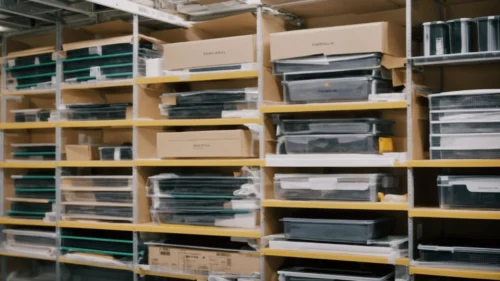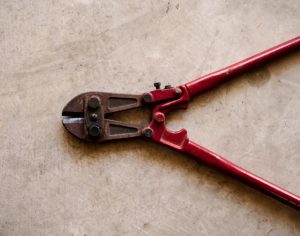A home is your castle, according to a very old English idiom from the 16th century. It’s a simple idea, but there are fewer truer words spoken when it comes to homeowners’ relationships with their properties. It serves as a bold reminder that we have to take care of our homes in order to allow our homes to take care of us.
But the property is more than the house and includes all of the necessary utilities, accessories, appliances, and applications that are within the home. These too must be maintained in order to ensure that your property is healthy in the long run. But there are a lot of ways that you can handle your home essentials, and here are a few ideas to help.
Ensure the appliances are all in top condition.
Almost everything in the home is powered by the utilities that you are paying for, and are generally defined as one of three types: power, water, and communication. With a breakdown of any of these three utilities, the applications which are reliant on them will stop working within the home. But likewise, a broken appliance will also put a heavy strain on your utilities; and therefore increase the amount of money that you are having to spend on your bills.
For example, if there is a problem with your heating system within the home, specifically the furnace, then the ventilation and air conditioning units will be running more as a result. Similarly, if there is an issue with the air conditioning unit, and the air in the home is humid, then your heating system will be working harder to heat both the air in the home and the water in the air as well. Both breakdowns in these appliances will show their negative effects on your higher electric bill.
Keeping on top of repairs and ensuring your appliances are all in good working order is an easy way to keep energy bills lower, and keep the amount of energy usage to its appropriate amounts.
Switching up your utilities.
Of course, the simpler reason that you are paying more on your energy bills is that your energy and electricity providers are charging you too much. On average, residential customers spend $400 per month on utilities, so if you are paying more than that despite living in a modest abode, then it’s probably time to switch things up.
The best option for this is to get a little savvy with your energy provider. Log on to a comparison website like iSelect, and select the right preferences for yourself. Comparing the costs of the various results returned from your search will show you which electric utility companies charge more or less than the ones you are currently using. But before you ring your supplier and start paying an early termination fee to cancel your electric plan, tell them that you have found a better deal elsewhere and will be leaving your supplier when your contract is up.
Electric utility companies spend more on gaining new customers than retaining ones that they already have, so the ball is truly in your court. Plus, if they choose not to sweeten the contract you currently have, then you have a new one ready to join anyway.
Does this work for Wi-Fi or ISP?
Playing companies like this may seem a little sneaky, but it is a great way to approach other provisions of the home, including your internet service provider (ISP). Any method on how to speed up your internet is to buy a modem and a new router outright, but paying an internet provider for the actual wi-fi itself. Rather than renting the internet equipment from them, a new router will last longer, and you won’t need to give it back when you are finished with your wi-fi company.
Of course, it would be a good idea to check the download speeds of your internet connection before you switch wi-fi or ISP. Slower download speeds might indicate a broken modem or equipment, instead of a poor internet connection from your ISP.
How to save a little more money.
Of course, you can also save a little money on using life hacks. Having your own low-budget DIY projects can make a huge difference to your wallet as they are the cheaper option than paying someone to install new accessories.




